|
Good writers are nurtured. Many avenues exist to do that, but the key element is fun. How do you make writing fun? That is the wrong question. Writing is already fun but not everyone has discovered that.
I love to play games and what kid doesn't? One of my favorite "word games" is Origin. I am not very good at it because it requires keeping a straight face when offering up my explanation as to how something got started. It has to be believable and yet at the same time, it shouldn't sound like the correct answer, not if you want to earn points. It's hilarious good fun that gives players an opportunity to be creative while listening to others' attempts at fooling you with their explanations. It's a consistent, steady diet of having fun with words and language that makes it easier for children to write stories and reports. 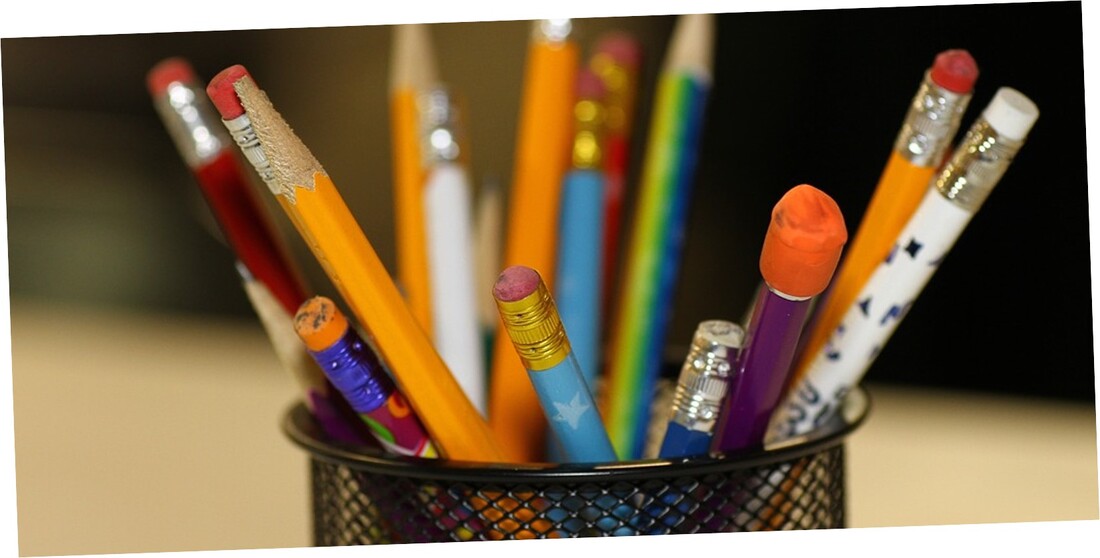 I teach young people. I teach young people how to write. I teach young people how to write using IEW curriculum. My focus is on individuals first and then the subject of writing and I have been doing so for over ten years now. Many good writing programs exist, but one of the ones that I use consistently is IEW because it produces stellar results with those students who regularly apply themselves to it. Further, it builds confidence, which I love to see! In the most recent issue of "Arts of Language" (April 2021) produced by The Institute for Excellence in Writing (IEW), Andrew Pudewa, the founder, has written an intriguing article, "You Don't Have to Like Writing" that resonated with me. At first, you might think that liking something makes it easier, and surely, it does, but sometimes that just isn't possible. Fortunately, a student doesn't have to like writing to still be able to do it well. Pudewa mentions how he hears from many parents who want their children to "enjoy writing" however, he correctly explains that this is not guarantee-able, no matter the enthusiasm or skill of the teacher. The other goal parents have is for their children to be able to express themselves. Mr. Pudewa corrects their thinking on this by explaining that "writing is much more about expressing ideas than selves." To do that they must have the tools, which, of course are words and ideas. It is critical that the environment be saturated with quality literature in the form of novels, poems, plays, biographies, history, Scripture, stories, etc... Young minds absorb the literary devices and sentence structure as well as ideas. I frequently remind my students that they must be reading a variety of material all the time. If they don't fill their minds, they will have nothing to draw from when it is time to write. Reading also fuels thinking. Isn't this what Charlotte Mason advocated all the time in her writings!! Yes! A literary-rich environment is a foundation of Mason's principles. Great educators do think alike. Next, students must have tools to put their ideas into words and sentences, stories, and essays. They need strategies and techniques as well as models to imitate. They need guidance in how to approach the writing task, because for most, it is a task. Writing requires deep thinking. Writing is not easy, even for people who enjoy it. Although it is one of my goals to inspire students, the primary goal is developing competence which builds a well-earned confidence. Most people, I would say, have heard of Handel's Messiah, or at least the "Hallelujah Chorus." However, I was well into adulthood before I had ever heard of this famous oratorio. I was in a choir rehearsal at my church and one of the sopranos made some comment about everyone knows the "Hallelujah Chorus." I was so obliging to have her meet one of those heathens who had never heard of it. I thought the poor woman's eyeballs were going to fall out, she had never encountered such impoverished musical ignorance before! I was equally shocked at my appalling ignorance and sought to speedily remedy that. I obtained a copy of the complete Messiah and listened to it in its entirety. It didn't grab me. My first thought was, "I am so woefully ignorant, I just don't get it. This is a really special piece of music, so I must try harder." On the second go around, it still didn't take hold. Finally, determined to find what I was missing, I got a copy of the libretto (the words) and listened in small sections with ATTENTIVENESS. Only then did I began to understand, to get the overview, to become more acquainted with it. Now, I not only have favorite sections, but I LOVE the entire oratorio. Since then, I have learned some riveting details. Handel wrote the music in a mere 17 days. It has been performed somewhere in the world every year since it was first performed April 13, 1742. He wrote it to benefit London orphans. All of the words are from the King James Bible and tell a story of Christ,'s birth, death, and resurrection. A truly wonderful devotional that comes with a CD of some selections is The Handel's Messiah Family Advent Reader by Donna Payne and Fran Lenzo I cannot recommend this highly enough as a great part of your family's musical education and one that will enhance their appreciation of the Messiah. One of my favorites is: I Know that My Redeemer Liveth I know that my Redeemer liveth, And on the earth again shall stand; I know eternal life He giveth, That grace and power are in His hand. Chorus: I know, I know that Jesus liveth, And on the earth again shall stand; I know, I know that life He giveth, That grace and power are in His hand. I know His promise never faileth, The word He speaks, it cannot die; Tho’ cruel death my flesh assaileth, Yet I shall see Him by and by. 1 I know that my Redeemer liveth, And on the earth again shall stand; I know eternal life He giveth, That grace and power are in His hand. Chorus: I know, I know that Jesus liveth, And on the earth again shall stand; I know, I know that life He giveth, That grace and power are in His hand. I know His promise never faileth, The word He speaks, it cannot die; Tho’ cruel death my flesh assaileth, Yet I shall see Him by and by. [Chorus] I know my mansion He prepareth, That where He is there I may be; Oh, wondrous thought, for me He careth, And He at last will come for me. [Chorus] I just have to share another treasure with you from The Annual of Christmas Literature and Art. Plus...reading always gives me ideas!
Isn't this Christmas Alphabet art a beautiful way to tell the Christmas story? Wouldn't this be a fun writing and art project to give your children? They could make a Christmas Alphabet for their younger siblings. I have a real affinity for Christmas stories, and for stories in general, and books, but we won't go there! One hot Arizona summer day, I picked up an annual Christmas publication at a thrift store called Christmas: The Annual of Christmas Literature and Art (Volume 61). It is a collection of stories, art, poems, and non-fiction, much like another one of my favorite publications, Ideals, that has gone out of print.
You have probably never heard of Mary Ann Robertson, but she painted...one of which is "White Christmas" that you see here. You know this American folk artist better by the name of Grandma Moses. Encourage your little artists to use the whole paper and draw a winter scene in the same style as Grandma Moses! I have a little book-reading light that I just love. It hangs lightly around my neck, I can aim it where I want, and it has three settings. Over time, it becomes dim and must be charged. We are just like that. Christians need daily re-charging or our light becomes dim. As Christians, we are called to shine our light. What is this light the Bible speaks of and where does it come from? Jesus, of course. "Then Jesus spake unto them saying, 'I am the light of the world: He that followeth me shall not walk in darkness, but shall have the light of life.'"
Where are we to shine our light? On the darkness! In this dark world, people without Christ cannot find their way. They are truly lost in more ways than one, even though they don't believe it. No one likes to think that they are wrong and most people will vigorously and proudly defend their wrongness regardless of the consequences of their error. This sin-filled world is full of darkness, no doubt about it. Usually, I aim my attention on pleasantness and beauty, but it is also important to focus our attention on the darkness. Learning what the Lord wants from us is only the first step, but we live it out when we apply our knowledge. So how can we shine our light in the darkness? 1) Plug in. First, are we plugged in to the power source? Do we read the Bible and pray to the Lord on a daily basis? Do we ask the Lord to shine His glorious light to us? Are we engaged and attentive or do we let our minds stray? 2) Flip the switch. Secondly, do we use quality lighting? Do we use candles or smoky oil lamps to light our home? Only for "atmosphere" perhaps, but not to see our way. We use electricity and bright light bulbs. We need to consider our priorities from time to time. Are our priorities "quality" in that spiritual priorities are first or are our priorities focused on worldly pleasures and materialism? 3) Shine! Finally, is your lighting beautiful? I have always been enamored of chandeliers and I have a couple in my home. They provide both light and delight. Living a life that pleases the Lord is arresting! Others cannot help but notice and be drawn to it like a moth. Is pleasing Him uppermost in our minds? But no one likes to have a bright light shining directly in his face. We need to gently illuminate the truth to others by our example and by loving words. It is our godly example that will guide the lost to find the better way. Jesus saith unto him, "I am the way, the truth, and the life: no man cometh unto the Father but by me." John 14:6. To celebrate Independence Day, The Inspired Scholar is offering 2 FREE subscriptions to "American Spirit" magazine published by the DAR. This is a wonderful resource on American history. To enter this drawing, you must sign up for my email list on the homepage where it says, "Yes, I want to be inspired." ALL of my email subscribers are eligible for this. If you are already an email subscriber you will be automatically entered. I will draw two names on July 31, 2020.
[email protected] The Inspired Scholar supports our military, and my own father is a Navy veteran of Vietnam. To support active-duty military families who make so many sacrifices on our behalf, the Inspired Scholar is offering a significant discount for online classes for 2020-2021 for the first 10 military families that contact me and sign up by July 31, 2020. You can help support this effort simply by sharing this information. They should contact me at [email protected]. I am surprised and saddened to hear how many homeschoolers do not have a basic home reference library. On the other hand, I know that materials are expensive and not everyone has a lavish budget or abundant space. But if you are going to be homeschooling, especially for the long-term, you need to start building one a little at a time. Here are my suggestions for what to include and where to look for resources. Many of them are free online, however, I think the print versions are far superior. I also include links for some of my favorites, but other good ones exist, too. If you run across ones you like...please send me an email and I will share: [email protected]
1. All-purpose modern dictionary Many dictionaries are free online. New World College Dictionary 2. An older dictionary This one is free online. It also has fuller and richer definitions with Christian/Biblical definitions. As an example, find "education" in a modern dictionary and compare it with "education" in this dictionary. 1828 Dictionary of the American Language by Noah Webster Kids learn alphabetical order when they look words up in a dictionary. Also, when I look up words, my eyes naturally stray to nearby words and I often pick up a new word or two that way as well. This does not happen with online searches. 3. Thesaurus Oxford American Writer's Thesaurus There are so many good ones out there and there are free ones online as well. 4. Invitation to the Classics: A Guide to Books You've Always Wanted to Read 5. Handbook for Writer's by Janice Campbell I have seen a lot of English handbooks and I think this is one of the very best. Worth the money. 6. MLA Writing Handbook Can also be found for free online at Purdue Online Writing Lab 7. APA Writing Handbook Can also be found for free online at Purdue Online Writing Lab 8. Chicago Manual of Style Can also be found for free online at Purdue Online Writing Lab 9. Children's Illustrated Encyclopedia Many, many of these can be found, too. 10. A globe There are tons more great references and resources, but this is a good, basic, start. I chuckled when I thought of the title for this post, but it is apt. This is a keeper book in my personal library and it is a classic reference on classic literature. It gives excellent, but brief, info. on authors of classic works, important historical background, and a short look at one of their most-known works. It begins with Homer and ends with Solzhenitsyn. If you are a serious homeschooler, you really should be building a library of reference books. It will save you time going out to the library or worse...doing without! Sometimes I am a bit embarrassed about my ignorance of modern literature until I remember the classics. I have read a lot of them, but not all of them. There is just no end of them and I cannot pull myself away from the best to read only the good. In case you don't know what the big deal is about classics, consider the following: "We should be custodians of culture." Anyone who knows me knows I love art of all kinds and I love pictures and illustrations. Nevertheless, we should not replace images with reading. Words are important for both the mind and the spirit. Charlotte Mason was such an advocate of this idea, that the mind needs food every bit as much as our physical bodies. We don't want to feed our bodies junk; why would we do that with our minds?
Reading should not be a race. It is one reason I have never been fond of encouraging kids to read "X" number of books. Why? There is no value to having read like a speed demon. It is much better to have read two classics and have contemplated and absorbed them. How many books have you read and forgotten because it was consumed and discarded? Again, Charlotte Mason advocates the oral or written re-telling of one short passage at a time. Why? Because we can only remember and digest a small bite at a time. The younger the child, the shorter the selection. For older children or adults, a chapter might be fine. The more challenging the work, the smaller the bites. It is better to ask: What do you remember? What did you learn? It's also great training for pulling one's thoughts together and articulating them. The classics are often entertaining, but they offer more than a good story. They present themes important to all of us: the meaning of life and death and how they should be approached; right and wrong; triumph and tragedy. They make you think. It is surely not the last you will hear from me on the value of the classics. This why my online literature classes uses classic works rather than textbooks. You can see my literature and writing classes for 2020-2021. |
Renee MetcalfWhere will you find me when I am not teaching? For your reading pleasure!
August 2023
Topics
All
|
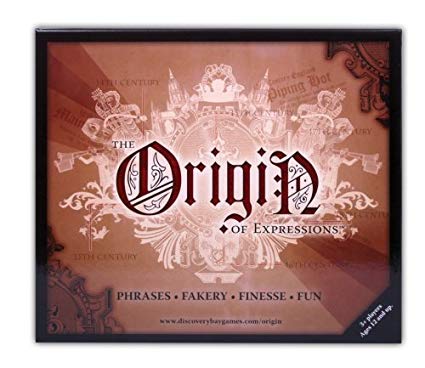
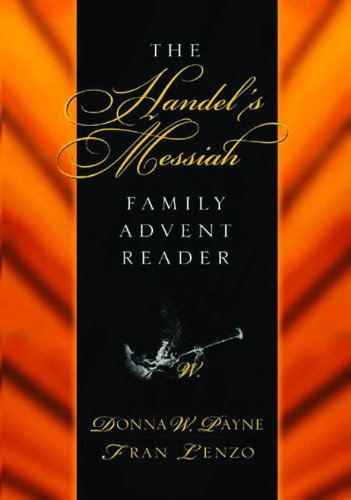
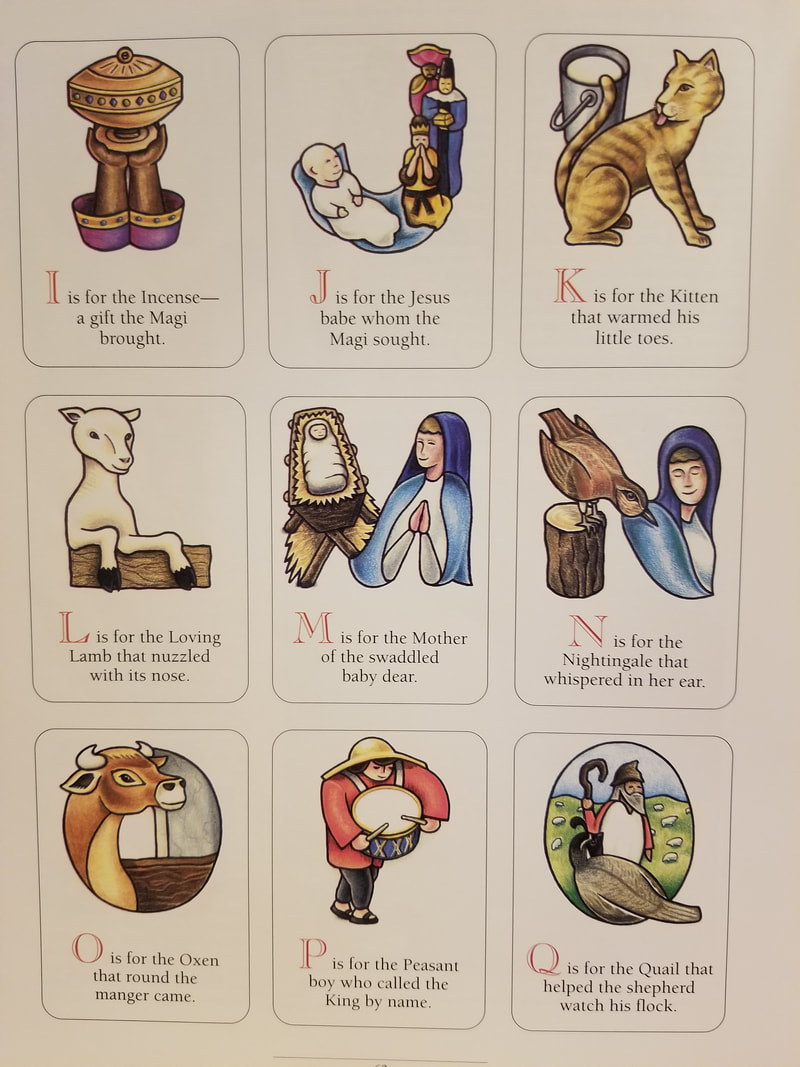
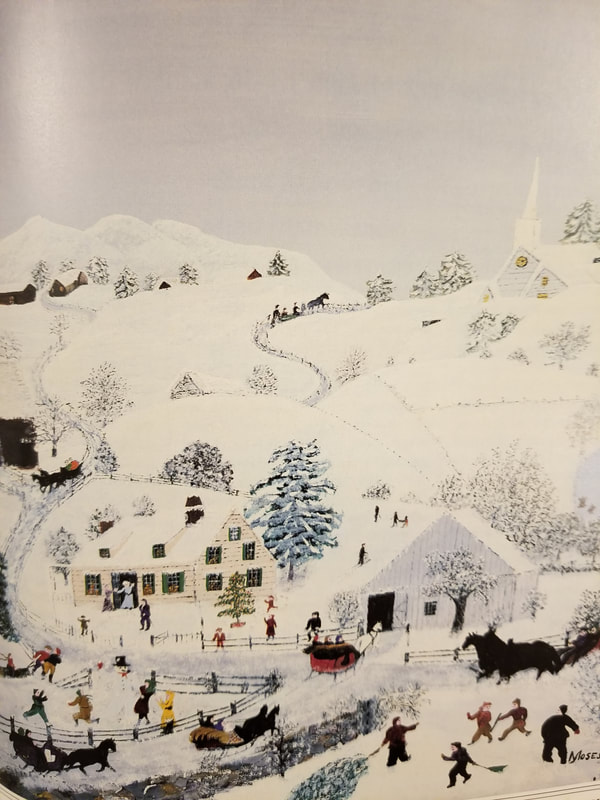

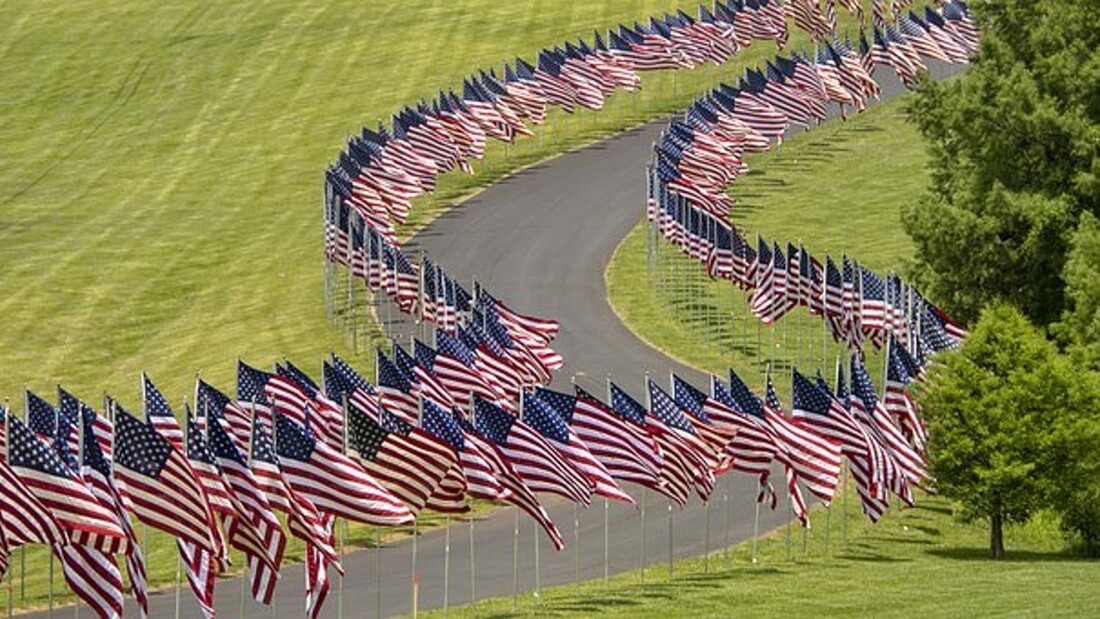
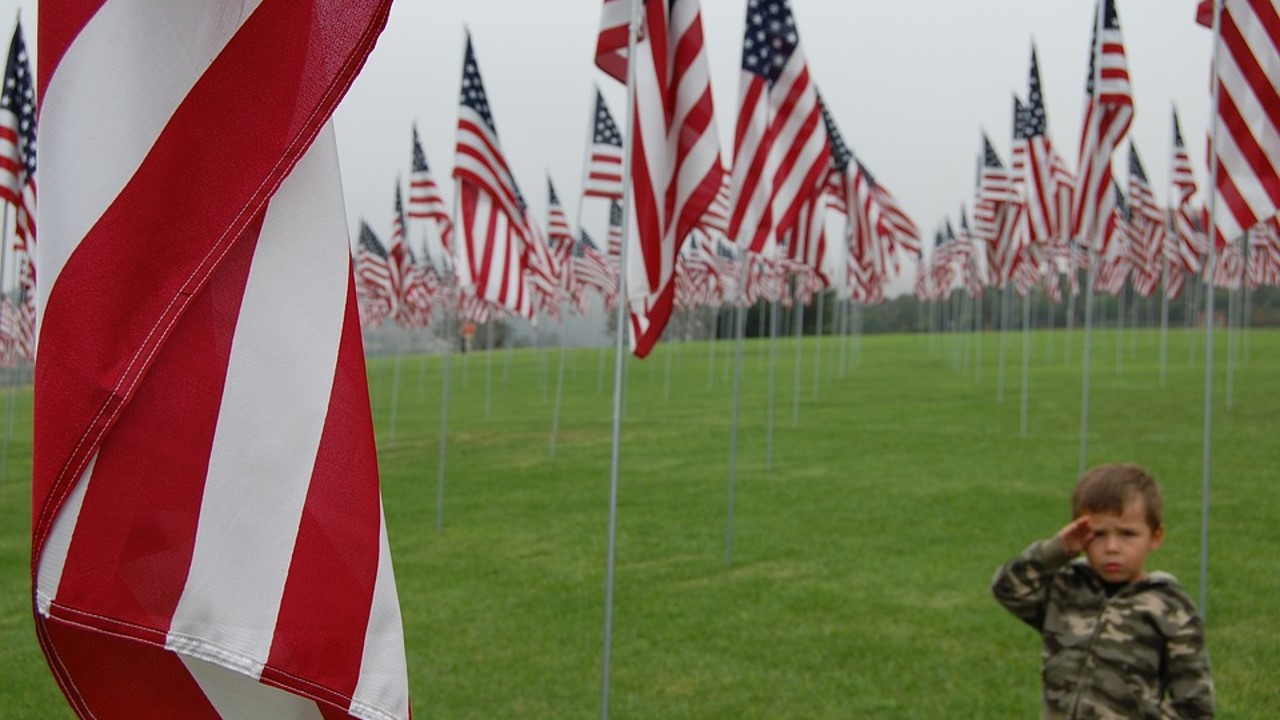
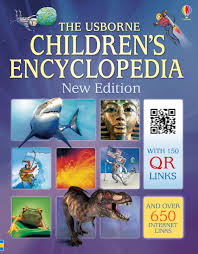
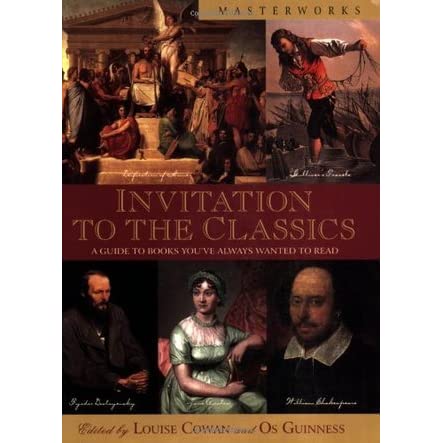
 RSS Feed
RSS Feed
